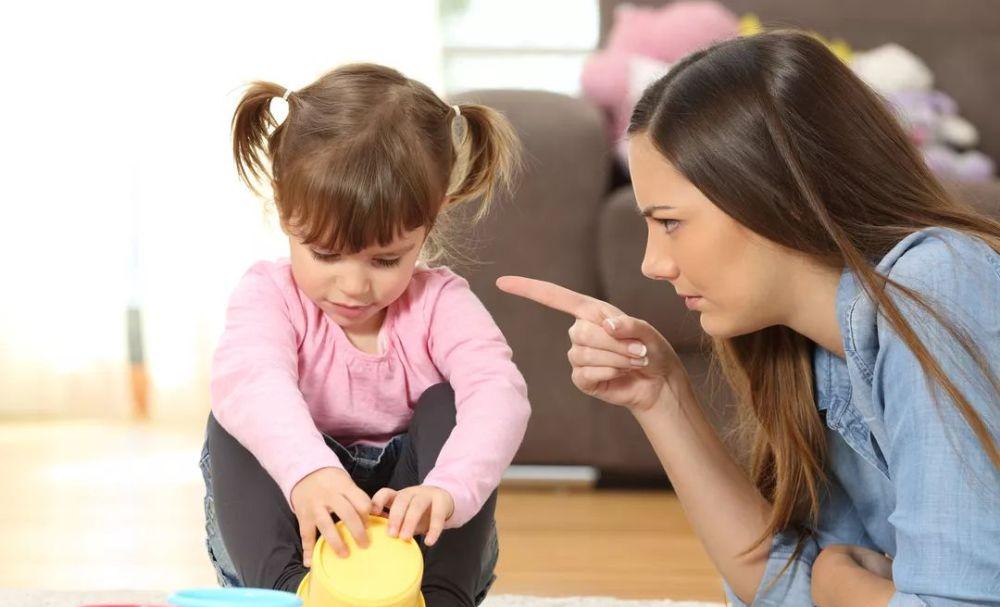Sweet-mouthed kids, really can eat. Whenever visiting relatives and friends, some children have sweet mouths, and are often praised by adults for being sensible, polite, and likable, while those children who do not like to talk seem out of place.
There are not a few children who do not like to talk, why is this phenomenon caused?
There are some children who don't like to talk and are completely the pot of their parents.
A little girl once left a message saying that because she was introverted and did not express much, her mother often nagged about this matter, and the most common sentence her mother said to her was: "You look like this, how can others like you?" ”
Listening to her mother's words, she felt extremely ashamed when she was young. The more her mother blamed, the more she dared not say, and finally only the silence of the promise remained.

There is a 4-year-old child who is not called "Daddy", and the reason is not that the hearing or intelligence is abnormal, but that the parents are addicted to mobile phones and neglect to communicate with their children.
In life, parents are busy with their own business or less reticent, communicate too little with their children, and children receive too little language stimulation.
In a language environment that is not rich enough, it is difficult for children to learn to express well.
Observant parents will always find magic in the footsteps of their children's growth, and give positive recognition, attention, and admiration.
This positive cue, in turn, promotes the child's development. If you don't understand your child, you will often artificially hinder your child's development.
In the process of children's language development, parents should keep these three parenting principles in mind:
Principle one: Don't interrupt your child's self-talk, it's their mind at work
We often find that our children talk to themselves when they play alone. It helps young children develop strategies and adjust their behavior so that they are more likely to achieve their goals.
From this point, we can see that language development plays a crucial role in the development of thinking. Studies have shown that children with more self-language are smarter and more cognitively competent.
So, the next time you see a child talking alone, don't disturb him, and don't laugh at him.
Principle two: Instead of saying "you're wrong", prompt by asking questions
The most amazing thing about children learning language is that you don't have to teach a grammar one by one, and they can also learn to "make up for the subject and the object" in a very short period of time.
When a child says "puppy" or "puppy eats", parents can say on the side: The puppy ate your meal, right? The sentences are more semantic and more grammatical after being expanded by adults, and the changes in the sentences will attract the attention of children. The place illuminated by the child's attention will be the place where the child has gains.
Not to correct it directly and rudely, but to gently add and prompt, which is a hint for the child: Well, yes, your expression is correct, I understand, next time continue to refuel ~ in this way, the child's language development will be effectively promoted.
Principle three: Listen, do not let the child learn to speak; only let them speak
It's not enough to just be exposed to language, children have to use it themselves.
In this regard, Chinese the traditional way of learning English is very wrong. No matter how much grammar you learn, how many words you memorize, no chance to speak, lack context, everything is in vain, and you end up with a set of "dumb English" and a set of Chinese English thinking.
The easiest and most effective way to learn a language is to regularly engage in social interactions that use that language.
In addition to the above principles, children will have different manifestations of language development at different ages. If parents can read and support accordingly, it will be very helpful for the child's language and even the overall mental development.